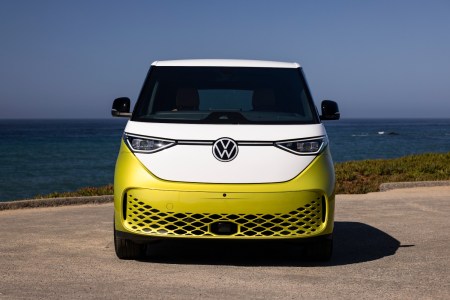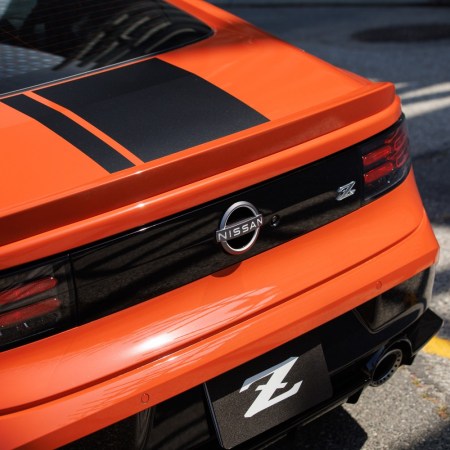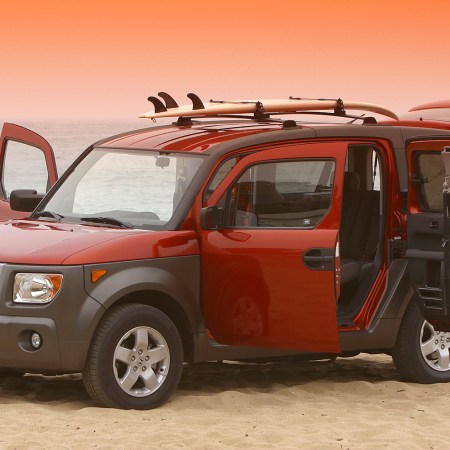The global automotive industry might soon have a new major player on its hands: a juggernaut formed from a combination of Honda and Nissan, with Mitsubishi potentially in the mix as well. What could prompt two historically independent companies to consider a merger? The short answer is the same one that’s seen Volkswagen and Rivian form a partnership: EVs.
Nissan, for one, has gotten as much coverage for its business struggles this year as it has for its ambitions for new vehicles. Hence the appeal of this potential merger — one which would, as CNBC’s Sam Meredith points out, create the third-largest automaker in the world in terms of vehicles sold. A merger or similar arrangement could also boost the resulting company’s ability to create and manufacture EVs to further compete with the likes of Tesla, GM and BYD.
CNBC also reports that Mitsubishi could also become part of the new company, though there’s still plenty of ambiguity about what the end product of such a merger would look like — or how Nissan’s partnership with Renault would fare.
In an analysis of the rumored deal for The Verge, Umar Shakir noted that there’s some precedence for this, both in terms of Japanese electronics manufacturers combining over the years and the existing partnership between Honda and Nissan for developing EV technology.
Given that Nissan’s automotive sales dropped by 90% between 2023 and 2024, it’s safe to say that they have the most to gain from a corporate merger, given that some of the marque’s news this year has prompted existential questions about its future.
Can VW and Rivian’s Partnership Help Them Weather the EV Storm?
There’s a lot of uncertainty on the horizonThere’s another factor that could also heighten the appeal of a Honda-Nissan merger: the effect it might have on potential tariffs in the U.S. market. Fortune‘s Paolo Confino observed that a combined Honda-Nissan would have 15 manufacturing facilities in the U.S., which might reduce its exposure to tariffs enacted by the second Trump administration. As we look to 2025, this seems like it could be one of next year’s biggest automotive stories.
This article appeared in an InsideHook newsletter. Sign up for free to get more on travel, wellness, style, drinking, and culture.



















